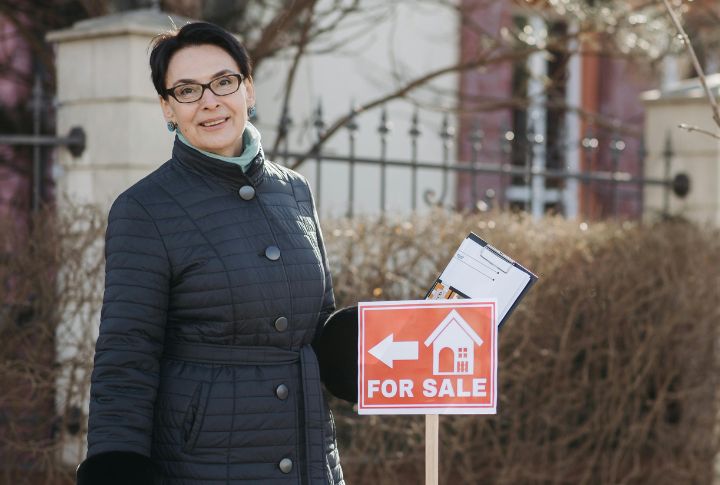
Are you thinking about selling your home after retirement? Many fear it could disrupt Social Security, but your monthly checks remain safe. What can change are taxes and certain needs-based programs like SSI or Medicaid. We’ll walk you through these differences clearly and simply.
Selling Your Home Does Not Affect Your Social Security Payments

Placing a “For Sale” sign outside won’t shrink your Social Security check, and that’s a relief many retirees welcome. The Social Security Administration (SSA) doesn’t care who owns or sells a house, nor do they track real estate deals. Payments continue without interruption, whether you rent or downsize comfortably.
Social Security Only Counts Earned Income, Not Profits From A Sale

The SSA considers only earned income from jobs or self-employment when evaluating eligibility. Profit from a house sale is considered capital gains, which is unearned income. And because this income does not reduce retirement checks, selling your property will not lower benefits or trigger the earnings test.
Home Sale Profits Can Make Your Benefits Taxable

Selling your home won’t affect the check itself, but the Internal Revenue Service (IRS) may step in with taxes. Profits from a sale are added to your overall taxable income. If your income rises above specific thresholds, the IRS may tax as much as 85% of your Social Security benefits.
Supplemental Security Income (SSI) Benefits Can Be Lost

SSI is stricter because it’s based on financial need. Your home itself is safe, but once sold, the cash counts as assets. If that total exceeds the SSI limit, eligibility for SSI may stop. Retirement checks continue unaffected, so reporting changes simply keeps records accurate.
Social Security Disability Insurance (SSDI) Remains Unaffected

Unlike programs based on financial need, SSDI depends on your work history. That means selling your home or pocketing capital gains makes no difference. Your benefits remain steady, unless you return to substantial employment, and real estate deals never disturb that steady support.
Medicaid And Extra Help Programs May Be Affected

Not every benefit plays by the same rules. Programs like Medicaid or Medicare’s Extra Help look closely at income and assets. Selling a home could push your resources higher, which may trigger reassessments or even affect eligibility depending on your state.
Selling Before Full Retirement Age Does Not Trigger Penalties

Are you worrying about selling before reaching full retirement age? There’s no need. Age matters for work-related income limits, but not for home sales. Whether you are 62, 66, or beyond, proceeds from selling property are not treated as wages, so your Social Security benefits remain safe.
State Rules Can Change How Your Sale Affects Your Benefits

Where you live makes a difference. Some states tax Social Security, others don’t, and property tax exemptions for seniors may vanish if you move. A home sale could also alter state-level senior programs. Each region sets its own guidelines, resulting in variations.
Selling Your Home Can Affect Other Types Of Support

While Social Security stays steady, other programs may react differently. The Supplemental Nutrition Assistance Program, together with housing aid and utility subsidies, often counts sale proceeds in asset tests. This may require reapplying, temporarily losing eligibility, or adjusting benefits.
Failing To Plan Before Selling Can Hurt Your Benefits

A lack of preparation before selling can bring costly effects. Overlooking IRS exclusions may increase taxable gains, while poor handling of proceeds could endanger eligibility for need-based programs. Missing reporting deadlines also adds risks of penalties or overpayments, which leaves overall benefit security uncertain.
